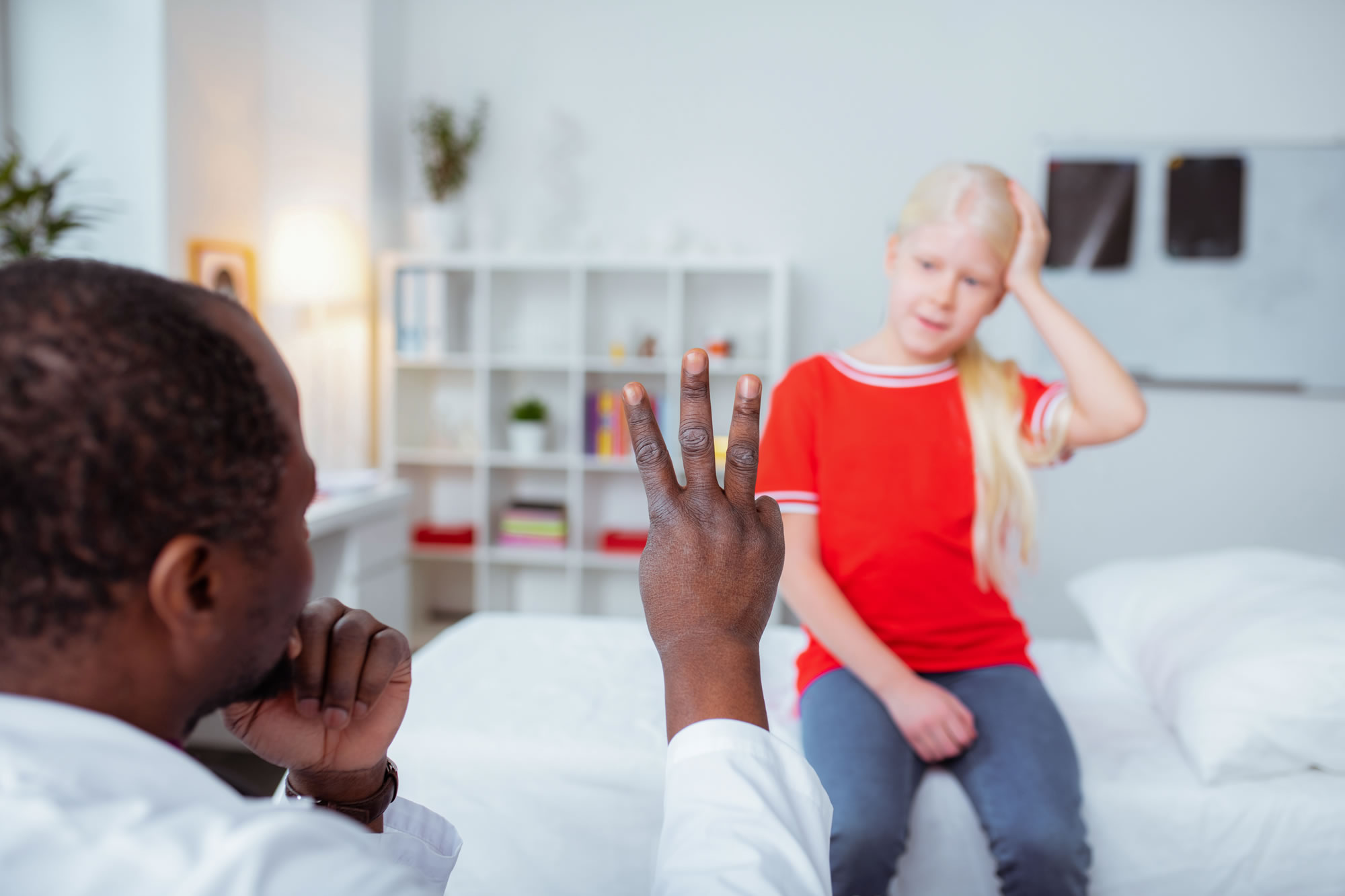The Ontario Neurotrauma Foundation released important new guidelines to help caregivers, healthcare workers, and sports officials diagnose and manage concussions in youth.
Dr. Roger Zemek of the Children’s Hospital of Eastern Ontario led a team of 30 medical experts to put the guidelines together. He says they are the first comprehensive pediatric guidelines available. The report took two years to create, with researchers following 2,000 patients and reviewing more than 4,000 academic papers.
“We’ve developed a reliable resource that is valuable for everyone affected by pediatric concussion — from children and their families to health care providers and to schools and recreational organizations,” said Zemek.
“This is so important because children get more concussions than adults do, with increased risk because their brains are still developing.”
Two-thirds of pediatric concussions are related to sports or recreational activities—the remaining third results from falls or motor vehicle accidents.
The report says 30% of youth concussion patients had symptoms for over a month. And their recovery times are longer. Adults need around seven to 10 days to recover from a concussion, whereas children may need up to 30 days without activity, television, or other electronic stimulation.
When it comes to diagnosis, physical indicators of concussion are now becoming better known (loss of consciousness, lack of balance, vomiting, and headaches). However, the guidelines warn of emotional symptoms that are more common in young people, such as irritability, sadness, anxiety, and nervousness.
Memory tests are also important when diagnosing a concussion.
The guidelines state that if a player has even one concussion-related symptom, that player must be immediately removed from play.
Dr. Rebekah Mannix, an assistant professor of pediatrics at Boston Children’s Hospital, called the guidelines “exceedingly clear and comprehensive.” She believes the guidelines will be “an indispensable resource for caregivers in a wide range of care settings, and also be accessible for the general public.”
For More Information:
- Children need more post-concussion rest than adults, report says, the Globe and Mail







